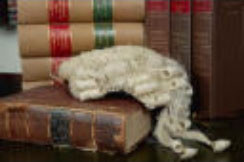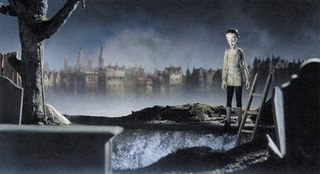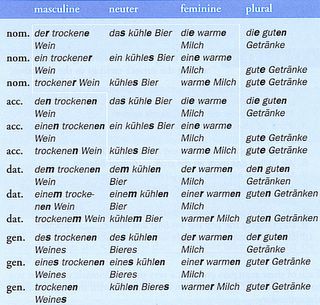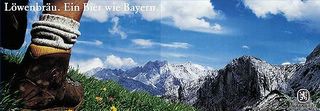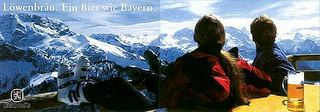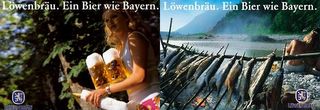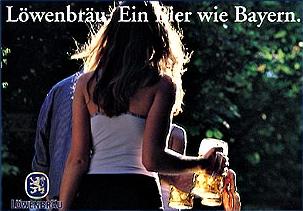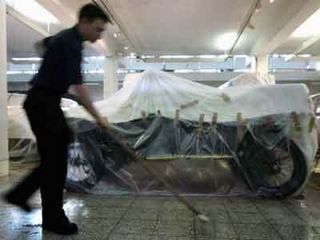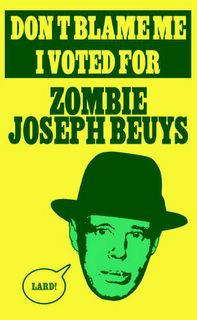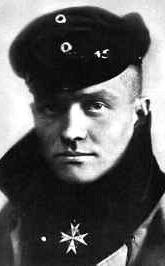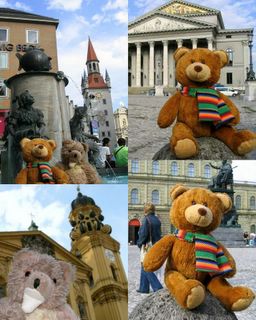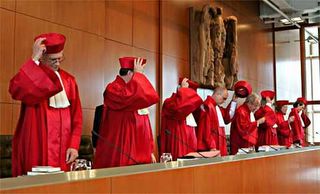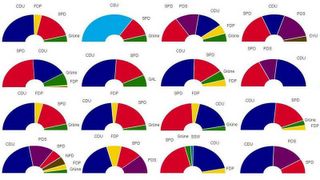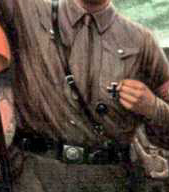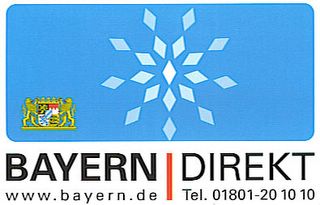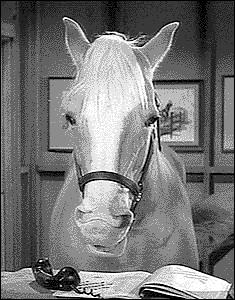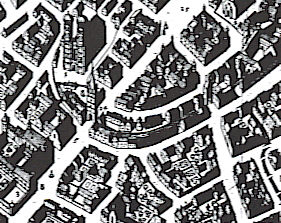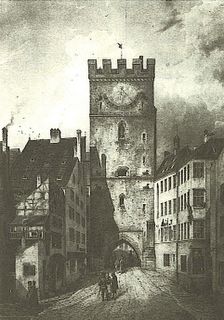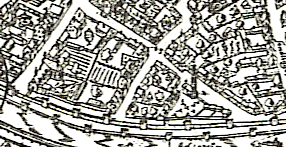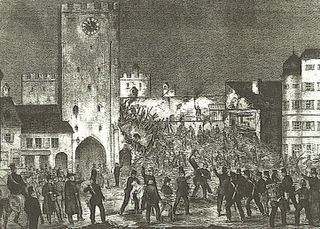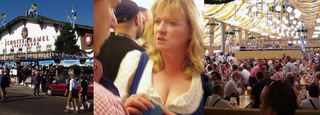Jakobsplatz
They are building a new synagogue over at Jakobsplatz (to replace the one they broke). It will be accompanied by a Jewish Museum and Community Center, all of which will be next to the Munich City Museum (right, center).
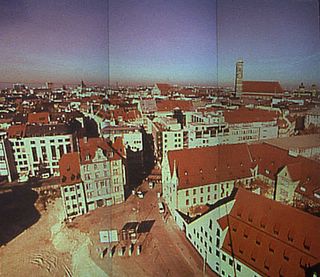
The overall scheme of things will look something like this. The synagogue will be that golden box on top of a travertine base.
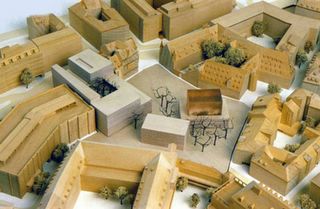
The upper walls seem to be more or less translucent, but it’s hard to say what these visual aids are in fact describing.
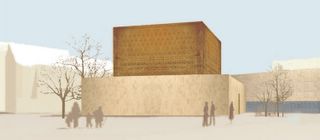
That’s why it was a bit of a shock to pass by the other day and see this...

A box made up of vertical space frames, which had been fabricated from steel plate welded together at acute angles (in all perceivable dimensions). It will have some sort of skin over it, as if you look closely you can see the brackets they will attach it to. I seem to remember seeing a rendering of the interior which would lead one to believe that the roof allows an enormous amount of light to flood the entire synagogue. I am definitely curious as to what the actual finishes will look like on this project, scheduled for completion sometime in 2006. It’s big and metal and, well, yellow...and you almost immediately realize that the configuration depicts a network of Stars of David. The true beauty of this metaphor is the fact that you also discover that it is extremely difficult, if not impossible, to distinguish any one Star of David individually for any length of time. What makes it even better is the realization that some human beings are thinking of things like this, while others are sitting on their sorry, moronic asses in the local correctional facility for plotting to set off explosives (that would be die Sprengstoffe—blast stuff—auf Deutsch) during the groundbreaking ceremony.
It’s the only construction site I’ve ever seen with a turnstile at the entrance.

The overall scheme of things will look something like this. The synagogue will be that golden box on top of a travertine base.

The upper walls seem to be more or less translucent, but it’s hard to say what these visual aids are in fact describing.

That’s why it was a bit of a shock to pass by the other day and see this...

A box made up of vertical space frames, which had been fabricated from steel plate welded together at acute angles (in all perceivable dimensions). It will have some sort of skin over it, as if you look closely you can see the brackets they will attach it to. I seem to remember seeing a rendering of the interior which would lead one to believe that the roof allows an enormous amount of light to flood the entire synagogue. I am definitely curious as to what the actual finishes will look like on this project, scheduled for completion sometime in 2006. It’s big and metal and, well, yellow...and you almost immediately realize that the configuration depicts a network of Stars of David. The true beauty of this metaphor is the fact that you also discover that it is extremely difficult, if not impossible, to distinguish any one Star of David individually for any length of time. What makes it even better is the realization that some human beings are thinking of things like this, while others are sitting on their sorry, moronic asses in the local correctional facility for plotting to set off explosives (that would be die Sprengstoffe—blast stuff—auf Deutsch) during the groundbreaking ceremony.
It’s the only construction site I’ve ever seen with a turnstile at the entrance.
